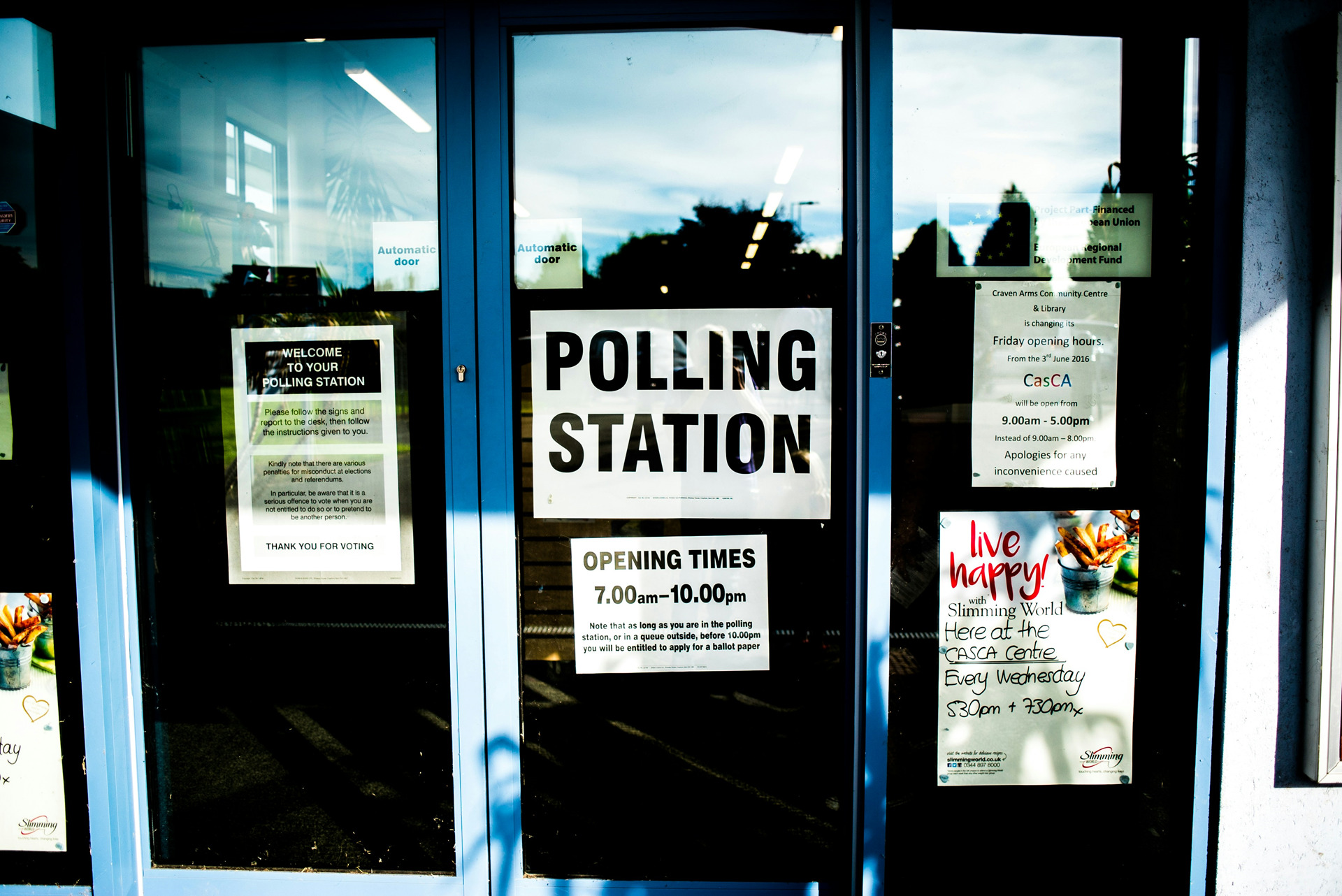Opinion polls play a significant role in modern society, offering a snapshot of public sentiment on various issues at a particular moment in time. They play a critical role in democracies, market research, social science, and media.
Here are some of the advantages opinion polls offer:
- Informing public policy and governance: Opinion polls provide valuable feedback to government officials and policymakers about public views on legislation, social issues, and governance. They allow leaders to make informed decisions that reflect what people want, improving democracy.
- Enhancing democratic engagement: Opinion polls can encourage public engagement by highlighting important issues and gauging interest in them. This can stimulate debate and participation, leading to a more vibrant and engaged electorate.
- Accurately forecasting election outcomes: Polls are the most accurate way to forecast the outcomes of elections, indicating which candidates or parties are in the lead. While not foolproof, they can influence both campaign strategies and voter turnout.
- Guiding business strategies: Opinion polls help companies understand consumer preferences, allowing them to tailor their products, services, and marketing campaigns to their target audience.
- Measuring public opinion over time: Regular polls measure how public opinion on individual issues changes over time. This can provide insights into policy effectiveness or evolving societal attitudes.
- Media content and reporting: Opinion polls fuel media stories and discussions, keeping the public informed and engaged through journalistic inquiry and debate.
- Social research: Social scientists can use opinion polls to collect empirical data on attitudes, beliefs, and behaviours. This can be used to test theories, model social phenomena, and understand human complexities more deeply.
- Enhancing accountability: Opinion polls help hold leaders and institutions accountable by reflecting public sentiment. Discrepancies between what the public wants and what is being done can lead to change.
- Providing a voice for the minority: Polls can bring attention to minority opinions that may otherwise be overshadowed, ensuring that diverse perspectives are heard.
- Crisis management: Opinion polls can assess the public’s approval of crisis responses by authorities and institutions. This can help in adjusting strategies to better fit public expectations.
Summary: why are opinion polls so important?
Providing a snapshot of public sentiment, polls shed a light on emerging trends; highlighting areas where public opinion diverges from established policies and informing decision-making. They allow the public voice to be heard and hold leaders to account. Anyone conducting an opinion poll should ensure the methodology, sample size, and potential biases create an accurate representation and interpretation of the data.








